Locations in Eatonton and Madison, GA
Serving Rockdale, Newton, Walton, Morgan, Oconee, Dekalb, Jasper, Clarke, Putnam, and Greene Counties
Call Today!
The HVAC Industry in 2025: Embracing New Refrigerants and Managing Cost Increases
The HVAC (Heating, Ventilation, and Air Conditioning) industry is on the brink of significant changes as it prepares for the transition to new refrigerant types starting in January 2025. This shift is driven by both environmental regulations and technological advancements, aiming to reduce the industry's carbon footprint and enhance system efficiency. Concurrently, the industry is also grappling with a notable 25% increase in equipment costs. Let’s explore what these changes entail and how they will shape the future of HVAC systems.
The Shift to New Refrigerants
Refrigerants are the lifeblood of HVAC systems, responsible for cooling and heating by absorbing and releasing heat. For decades, common refrigerants like R-22 and R-410A have been used extensively. However, these refrigerants are now being phased out due to their high Global Warming Potential (GWP) and environmental impact.
Starting in 2025, the HVAC industry will transition to new, more environmentally friendly refrigerants. These include options such as R-32 and R-454B, which have significantly lower GWP. This change is driven by global agreements like the Kigali Amendment to the Montreal Protocol, which mandates the reduction of HFCs (Hydrofluorocarbons) to combat climate change.
Key Benefits of New Refrigerants:
- Reduced Environmental Impact: New refrigerants have lower GWP, which means they contribute less to global warming.
- Improved Energy Efficiency: Many of these refrigerants can operate at higher efficiencies, potentially reducing energy consumption and operational costs.
- Compliance with Regulations: Adopting new refrigerants ensures compliance with evolving environmental regulations, avoiding potential fines and restrictions.
The Economic Impact: 25% Increase in Equipment Costs
As with any significant transition, the shift to new refrigerants comes with its set of challenges. One of the most pressing issues is the anticipated 25% increase in HVAC equipment costs. This rise is attributed to several factors:
- Technological Upgrades: New refrigerants often require changes in system design and components, leading to higher manufacturing costs.
- Regulatory Compliance: Ensuring compliance with new environmental standards can incur additional expenses in research, development, and certification.
- Supply Chain Adjustments: The transition necessitates changes in the supply chain, including new materials, manufacturing processes, and training for technicians, all of which contribute to increased costs.
Navigating the Transition: Strategies for HVAC Stakeholders
The transition to new refrigerants and the associated cost increases present both challenges and opportunities for various stakeholders in the HVAC industry, including manufacturers, installers, and consumers.
For Manufacturers:
- Innovation and R&D: Investing in research and development to create cost-effective and efficient HVAC systems compatible with new refrigerants.
- Streamlined Production: Optimizing production processes to mitigate cost increases and enhance system reliability.
For Installers and Technicians:
- Training and Certification: Ensuring proper training on handling new refrigerants and understanding the nuances of updated HVAC systems.
- Customer Education: Informing customers about the benefits of new systems, despite the higher upfront costs, highlighting long-term savings and environmental benefits.
For Consumers:
- Informed Decisions: Understanding the long-term benefits of investing in new HVAC systems, such as lower operational costs and compliance with environmental regulations.
- Incentives and Rebates: Exploring available incentives, rebates, and financing options to offset the higher initial investment.
The Path Forward
The HVAC industry’s shift to new refrigerants and the subsequent rise in equipment costs represent a significant transformation. While the transition poses economic challenges, it also presents an opportunity to innovate and lead in sustainable practices. Embracing this change will not only align the industry with global environmental goals but also pave the way for more efficient, cost-effective, and eco-friendly HVAC solutions.
As we approach January 2025, the collaborative efforts of manufacturers, technicians, and consumers will be crucial in navigating this transition successfully. By staying informed and adaptable, the HVAC industry can continue to thrive and contribute positively to the global fight against climate change.

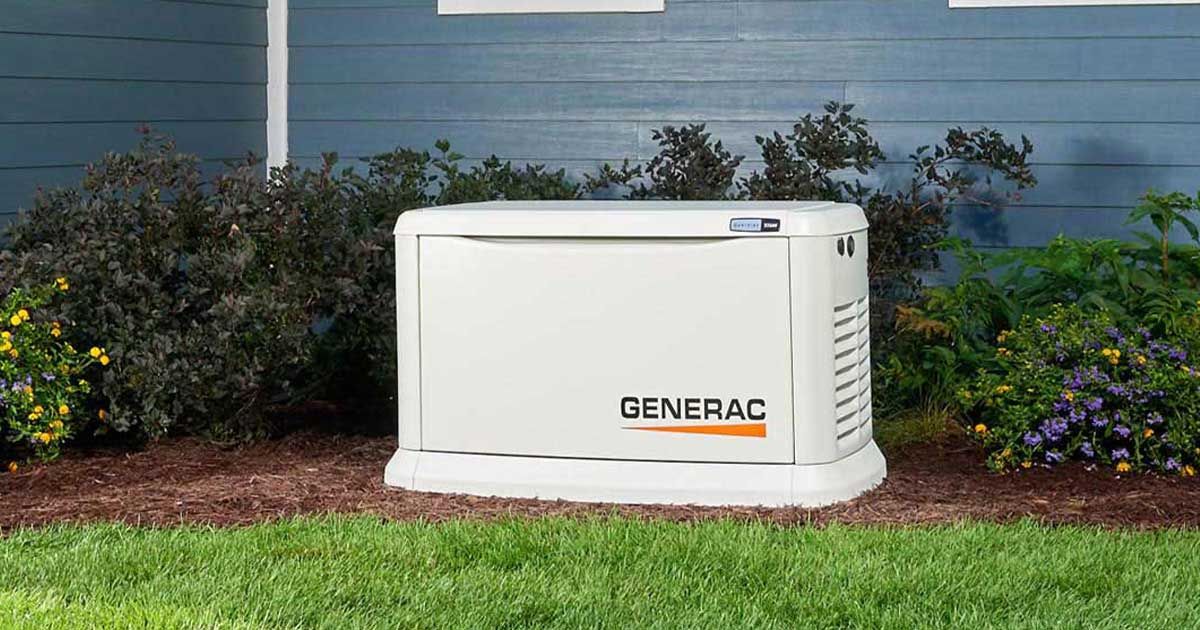
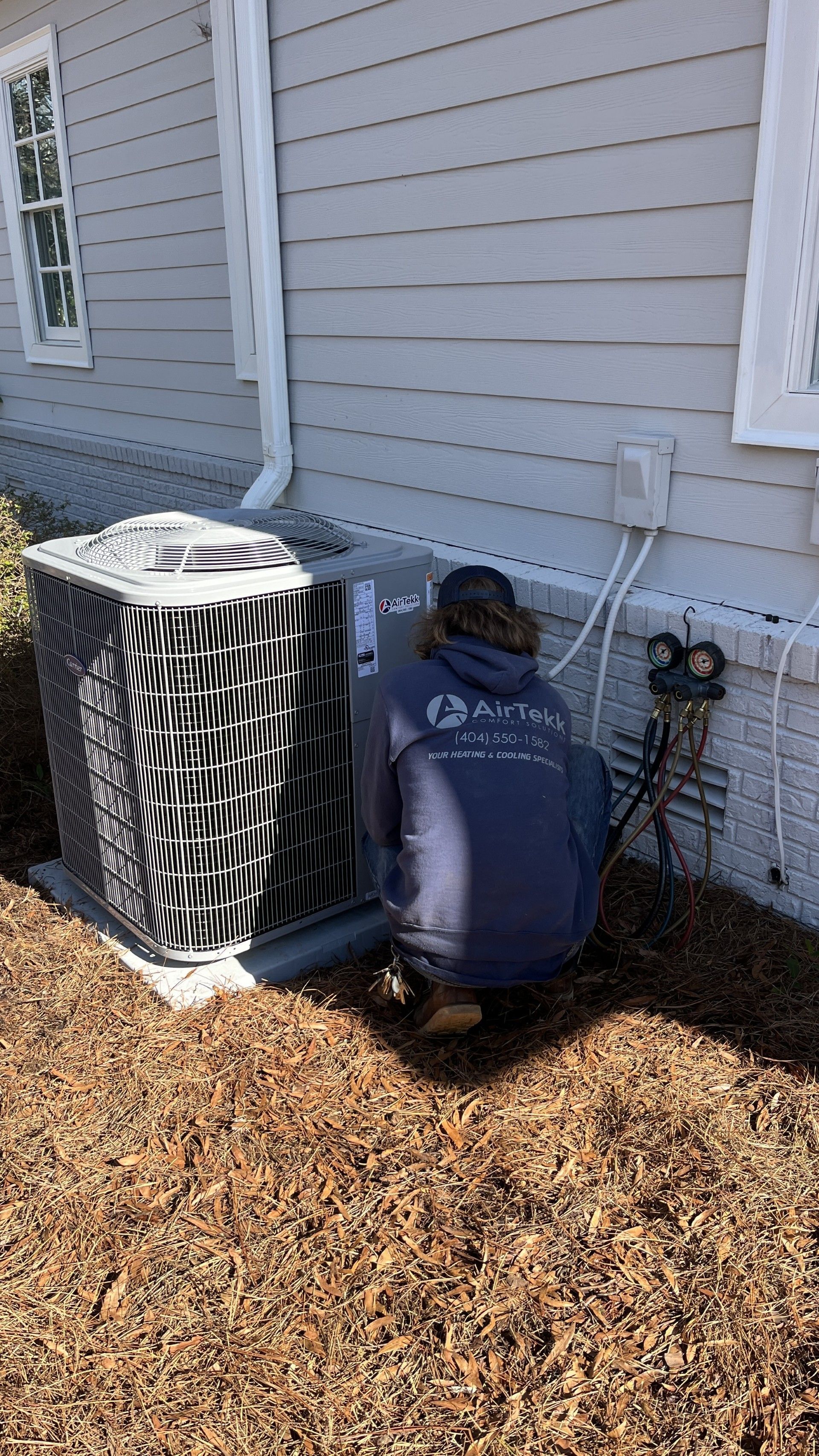
HOURS
SERVING
Rockdale County, Newton County, Walton County, Morgan County, Oconee County, Dekalb County, Jasper County, Clarke County, Putnam County and Greene County and Surrounding Areas
CONTACT US
State License #CR 110122

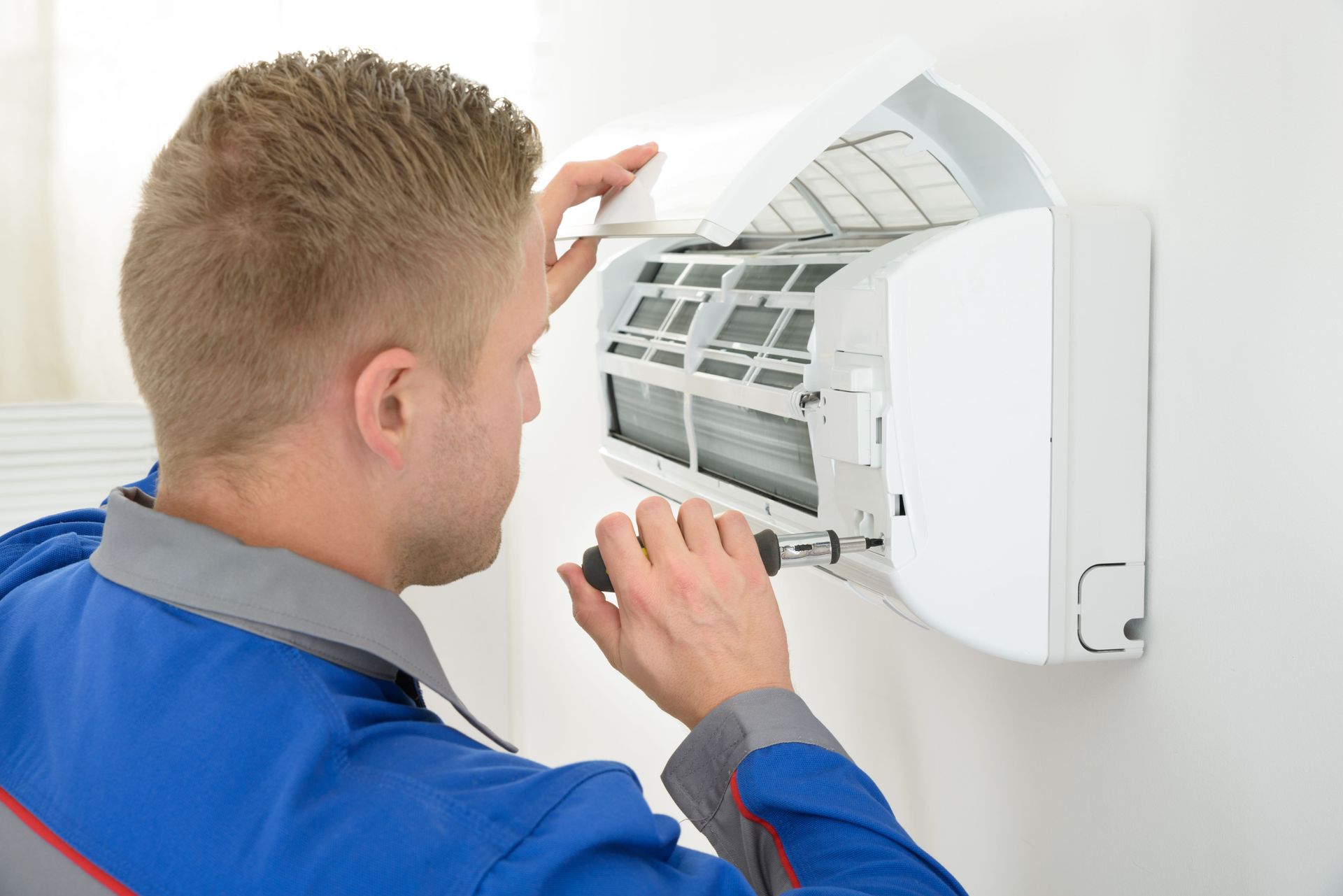
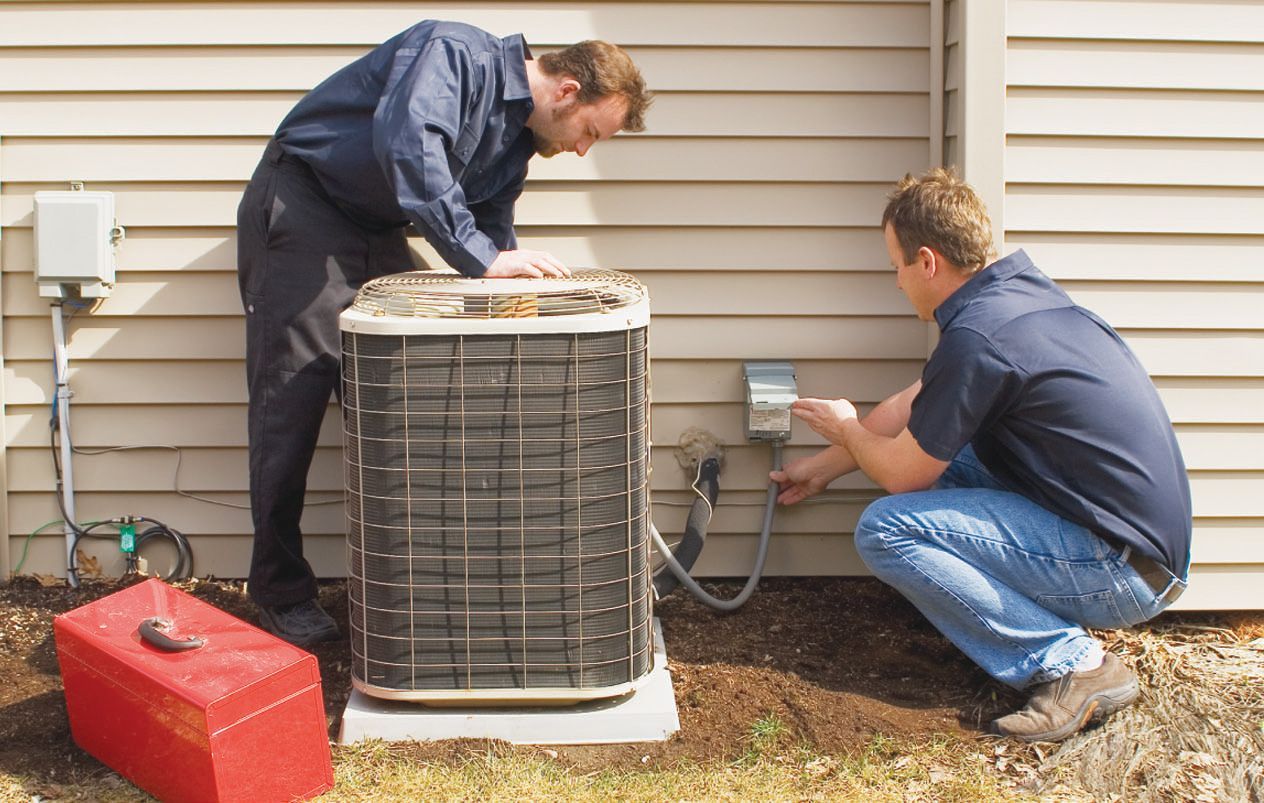
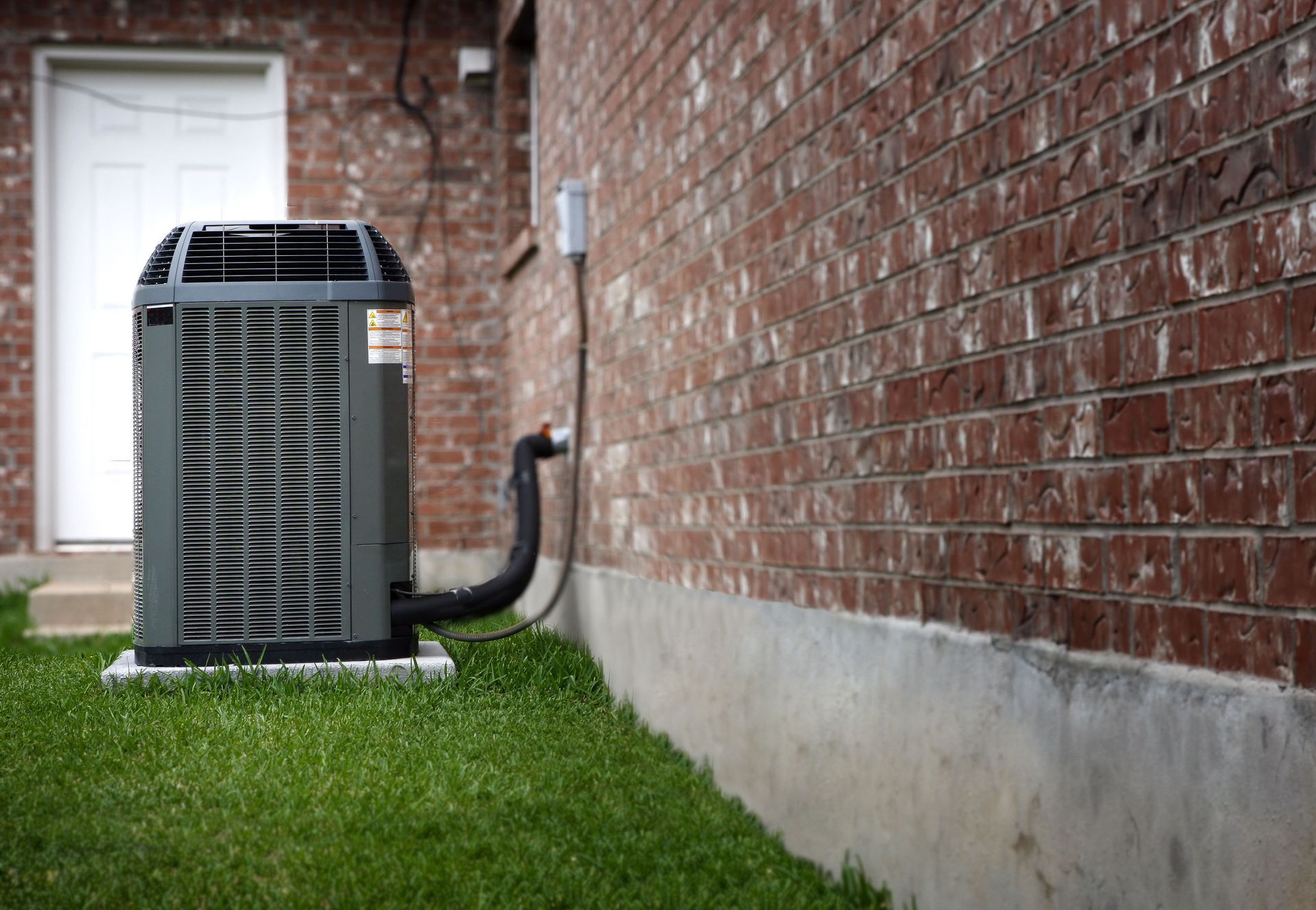
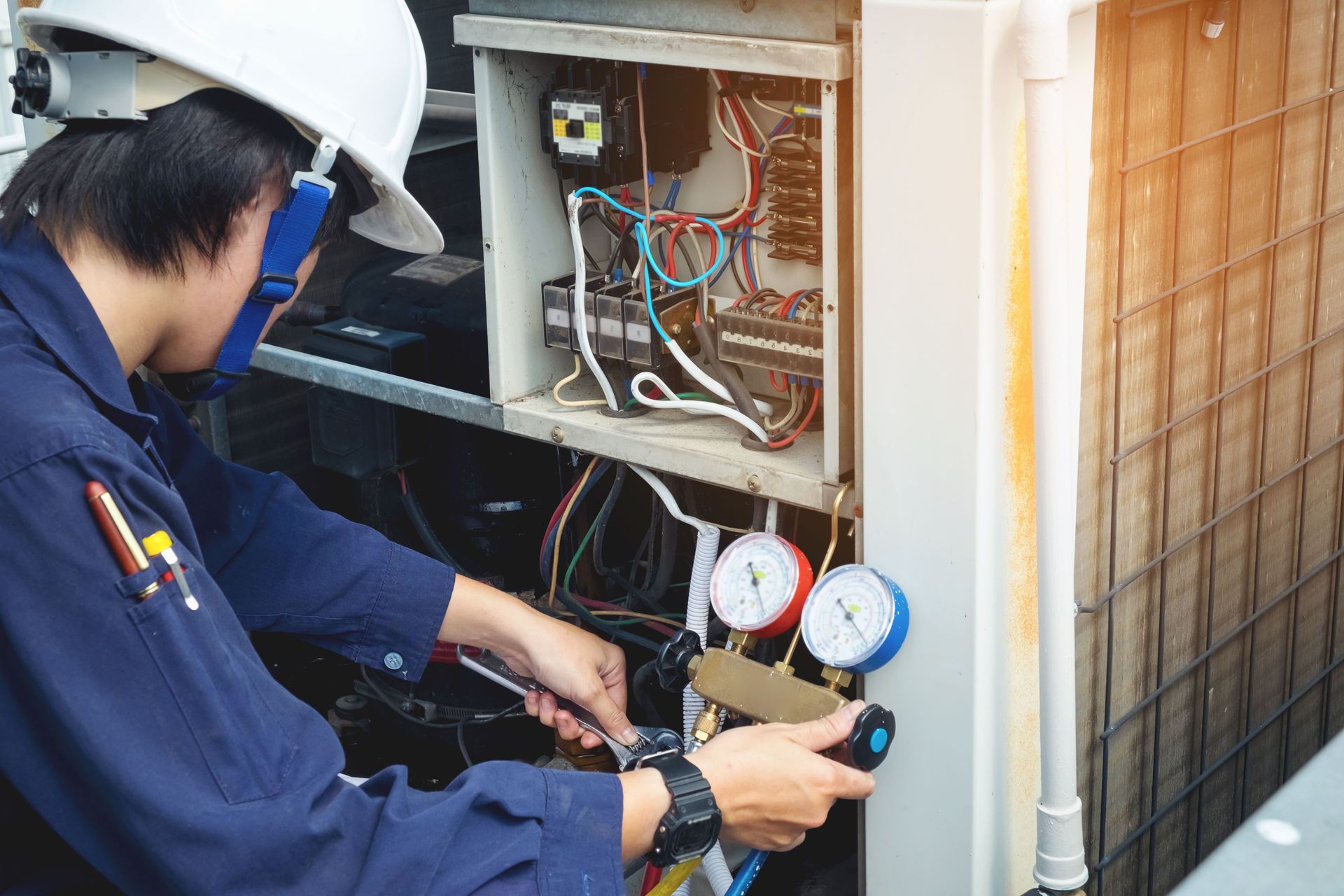
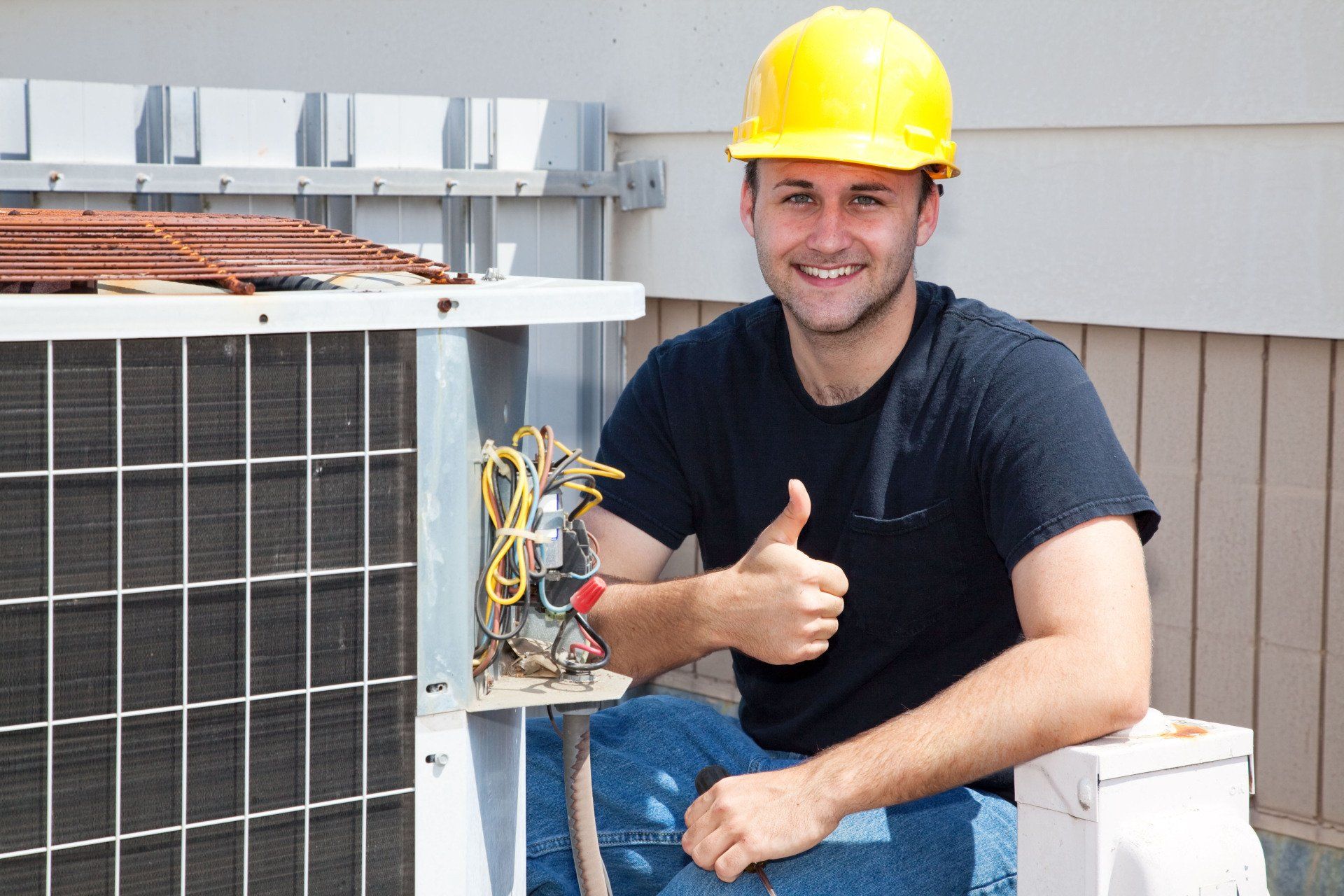
Share On: